AI Ethics - AI Ethics Guidance Tool
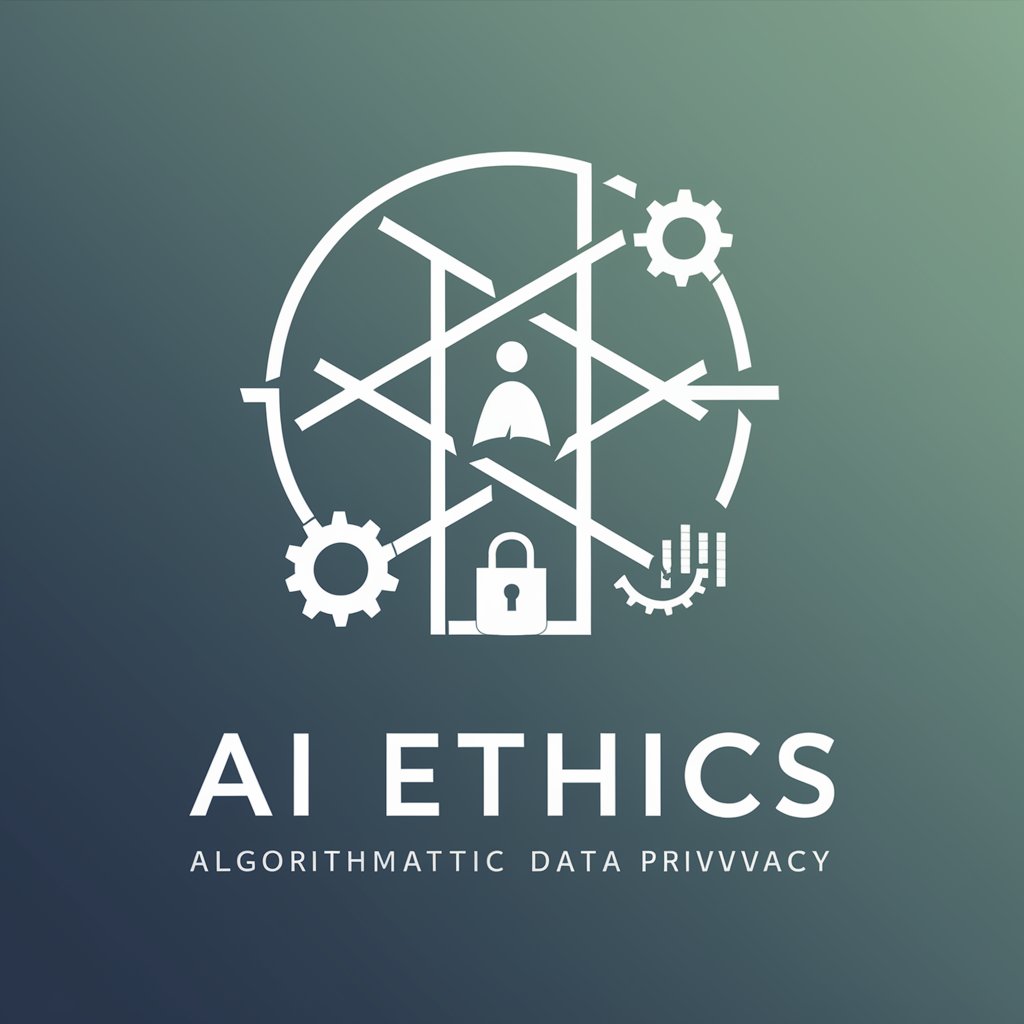
Welcome! Let's explore AI ethics and responsible technology together.
Navigating AI Ethics with Intelligence
How can we ensure AI systems respect user privacy?
What are the ethical implications of biased algorithms?
In what ways can AI technology impact society positively?
How can we promote responsible AI development?
Get Embed Code
Introduction to AI Ethics
AI Ethics is designed as a conversational tool aimed at navigating the ethical implications associated with artificial intelligence technologies. The primary goal is to foster responsible AI usage by exploring areas like data privacy, algorithmic bias, and the broader societal impacts of AI. For example, consider a scenario where a company uses AI to screen job applications. AI Ethics can help discuss potential biases in the training data of the AI system, such as overrepresentation of certain demographics, which might affect fairness and equal opportunity in hiring practices. Powered by ChatGPT-4o。

Main Functions of AI Ethics
Assessing Algorithmic Bias
Example
Reviewing an AI-driven lending software
Scenario
AI Ethics helps analyze whether the AI model systematically disadvantages certain groups based on race, gender, or other protected characteristics, and discusses ways to mitigate these biases.
Promoting Data Privacy
Example
Advising on AI in healthcare data management
Scenario
AI Ethics explores ethical considerations around the confidentiality and consent mechanisms in AI systems that handle sensitive health data, ensuring compliance with privacy standards while maintaining utility.
Guiding Societal Impact
Example
Implementing AI in public surveillance
Scenario
AI Ethics evaluates the balance between security benefits and privacy rights, debating the implications of AI surveillance technologies in public spaces and their impact on societal norms and individual freedoms.
Ideal Users of AI Ethics Services
Technology Developers
Developers and engineers who design and implement AI systems can use AI Ethics to preemptively identify and address ethical issues in their projects, promoting ethically sound practices from the ground up.
Policy Makers and Regulators
Regulatory bodies and government officials can benefit from AI Ethics when crafting guidelines and regulations for AI use, ensuring these frameworks are ethically aligned and effectively govern AI interactions.
Academics and Researchers
Scholars focusing on the ethical, social, and legal dimensions of technology find AI Ethics a useful tool for analyzing and discussing the nuanced impacts of AI in society, enriching their research and teaching.

How to Use AI Ethics
Start Your Trial
Access a free trial at yeschat.ai without the need to log in or subscribe to ChatGPT Plus.
Explore Use Cases
Identify your needs, whether they be for academic research, corporate governance, or technology development, and explore relevant ethical considerations.
Engage with Content
Interact with the tool by posing questions or presenting scenarios, and use the generated insights to inform your understanding or project.
Apply Ethical Guidelines
Utilize the ethical guidelines provided to assess and steer your AI-related projects or policies towards more ethical practices.
Regular Updates
Stay updated with the latest in AI ethics by revisiting the tool periodically to check for new content or updated ethical guidelines.
Try other advanced and practical GPTs
Ethics Explorer
Explore Ethics with AI Guidance
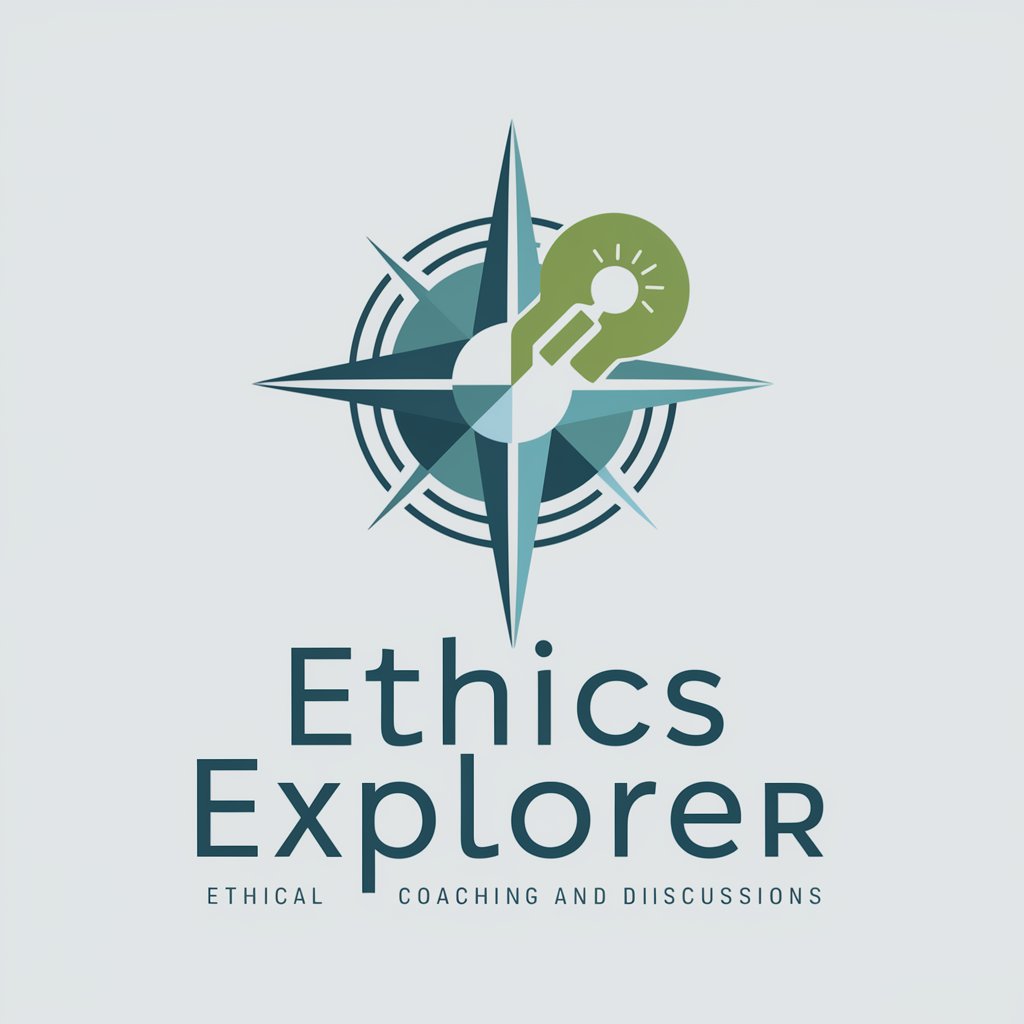
Ethics Vanguard
Navigate ethics with AI-powered precision

Highway Translator
Precision in Highway Engineering Translations

MUTCD Highway Advisor
Expert guidance on traffic control standards.

David James, Highways Law Solicitor
Expert guidance on England and Wales Highways Law

The Highway Code
Empowering Safer Journeys with AI

Ethics Advisor
Navigate Ethics with AI Precision

GPT Ethics
Empowering Ethical Decisions with AI
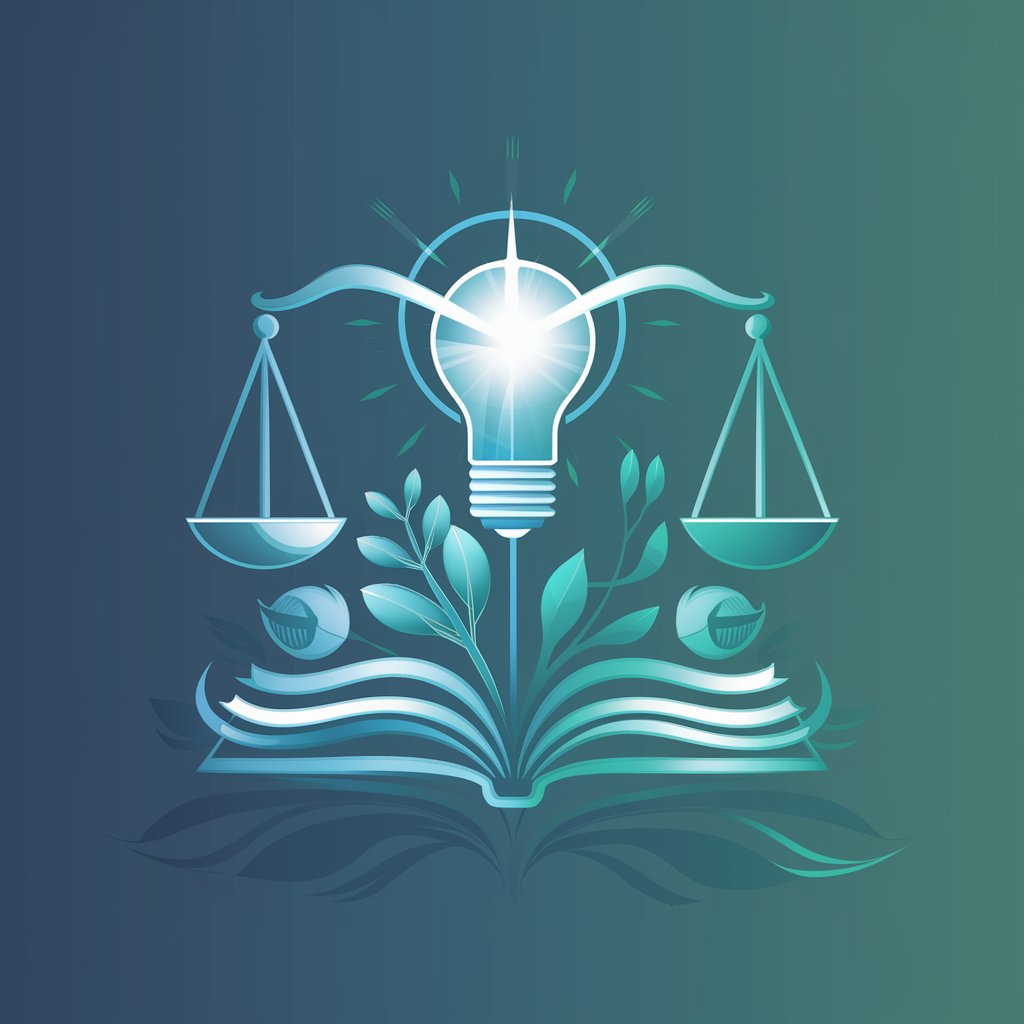
Ethics Watchdog
Automating Ethics in Journalism
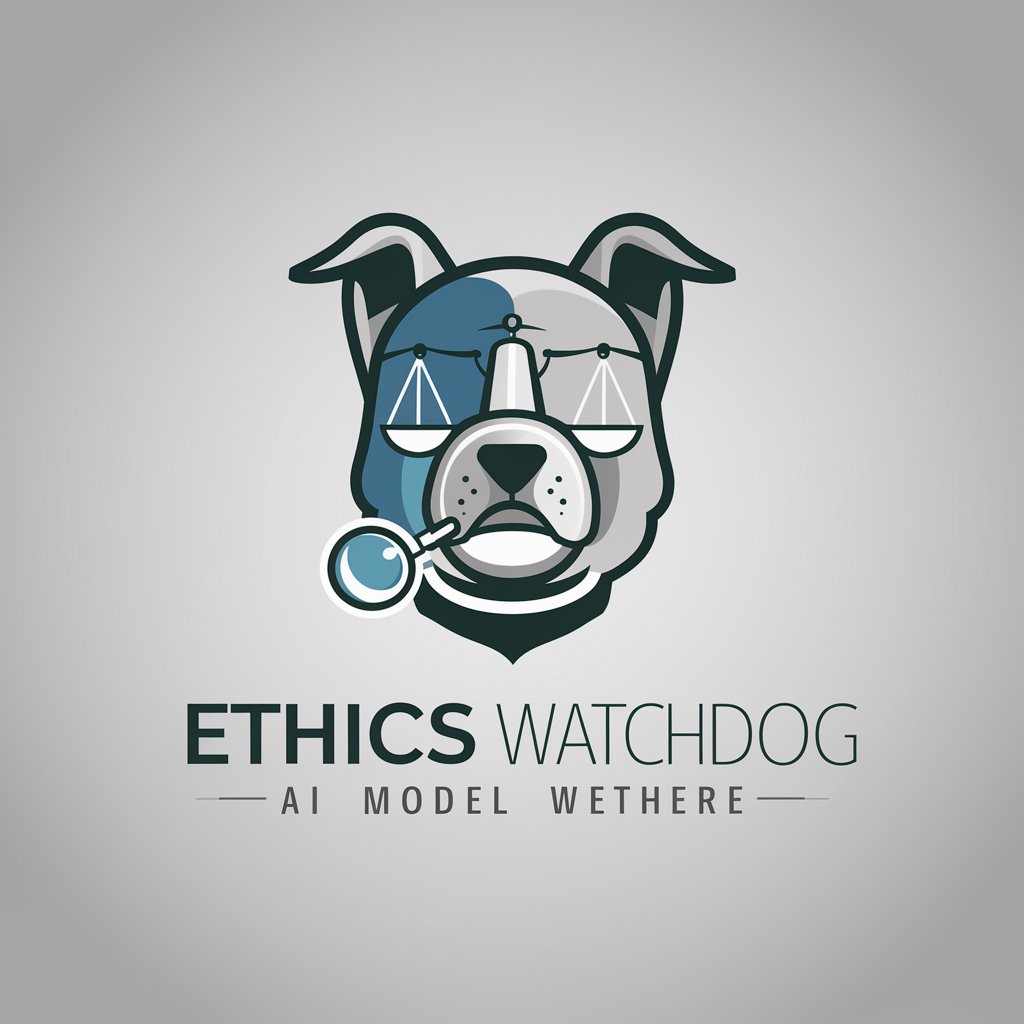
Ethics Advisor
Empowering Ethical Decisions with AI

Quantum Ethics
Ethics Powered by Quantum AI
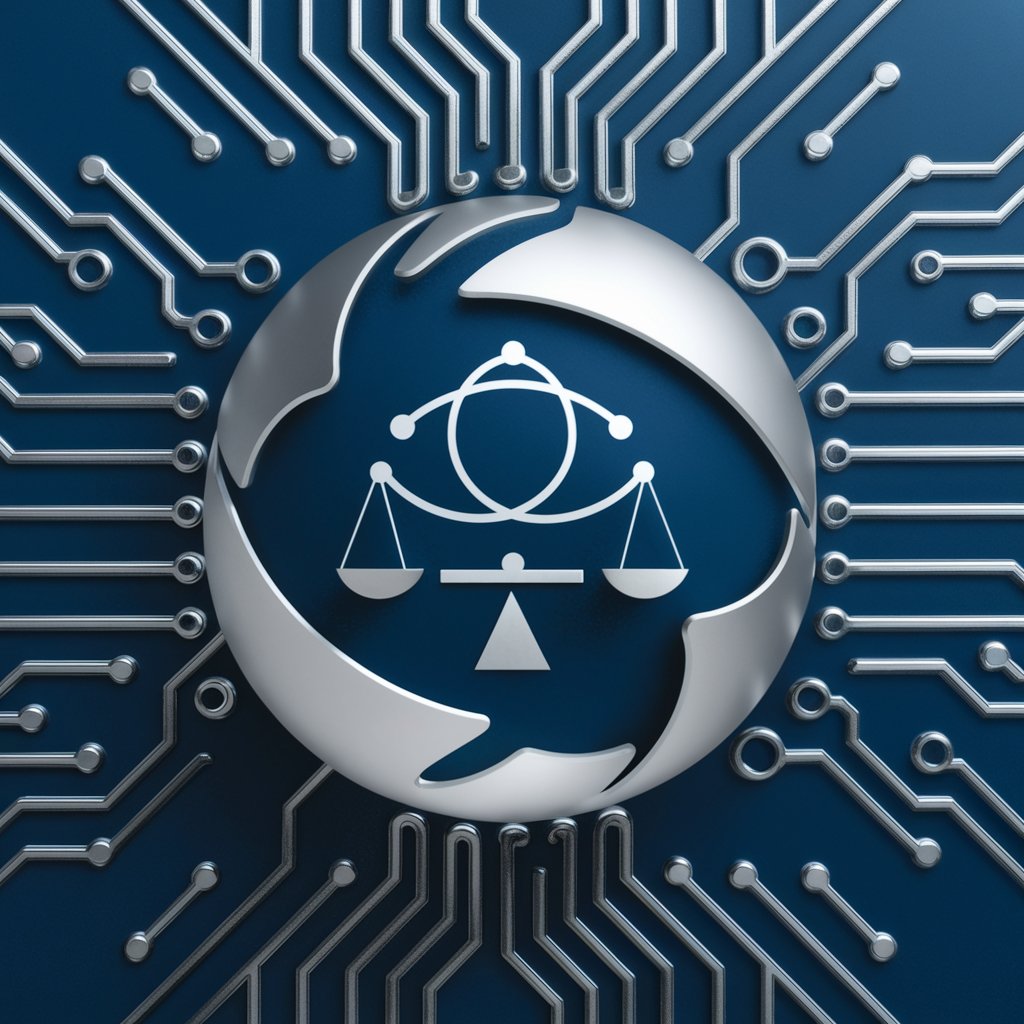
Ethics Explorer
Navigate Ethics with AI
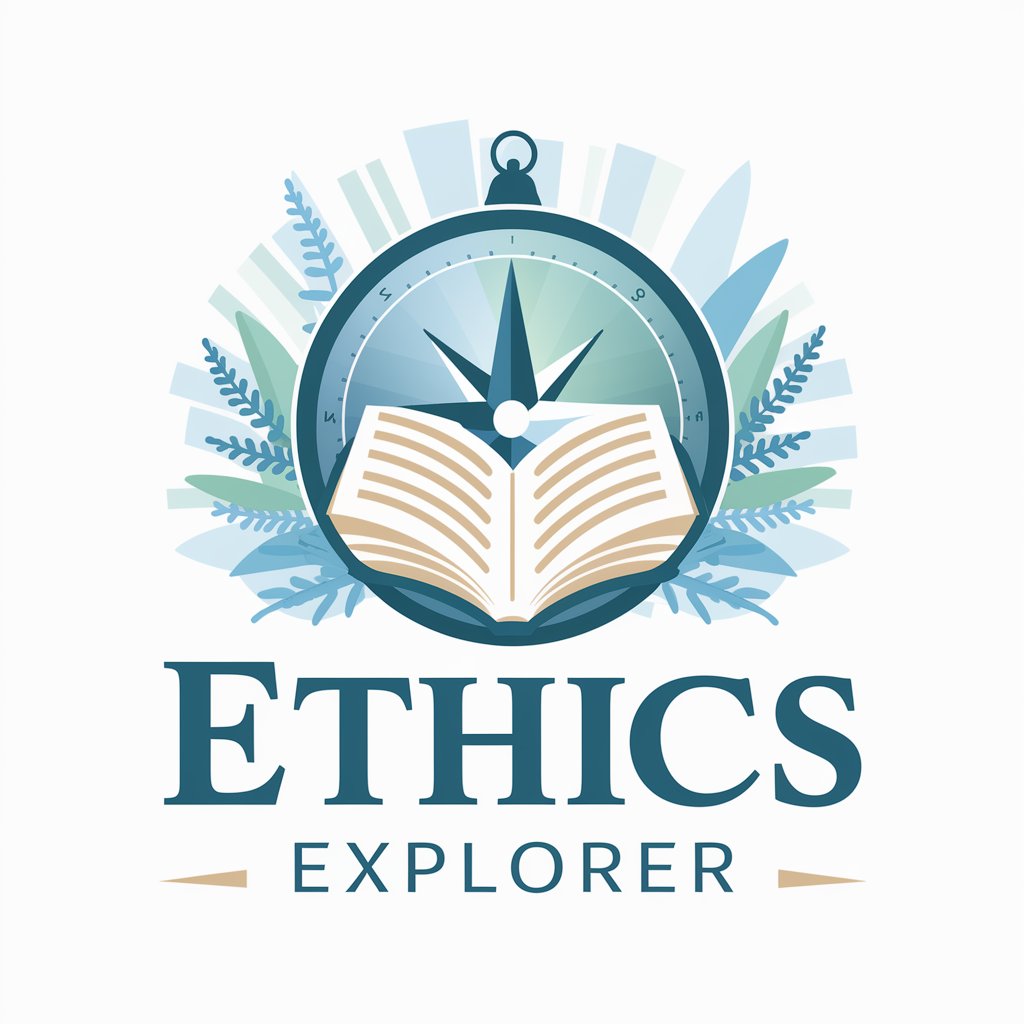
Detailed Q&A on AI Ethics
What are the primary ethical concerns with AI technology?
The primary concerns include data privacy, ensuring AI does not perpetuate or exacerbate biases, and managing the societal impact such as displacement of jobs.
How can AI Ethics help in reducing algorithmic bias?
AI Ethics offers guidance on identifying bias in datasets and algorithms, recommending strategies for mitigation such as diverse data sourcing and algorithm auditing.
What role does AI Ethics play in corporate governance?
It provides frameworks for businesses to incorporate ethical AI use in their operations, ensuring that AI deployment aligns with broader corporate responsibility and ethical standards.
Can AI Ethics assist in educational settings?
Yes, it can be used to educate students and academics about the ethical implications of AI, fostering a generation of technologists who prioritize ethical considerations in tech development.
What is unique about AI Ethics as a tool?
AI Ethics uniquely combines current ethical guidelines and scenarios with AI's capability to analyze and suggest ethical practices, creating a dynamic tool for real-time ethics consultation.
